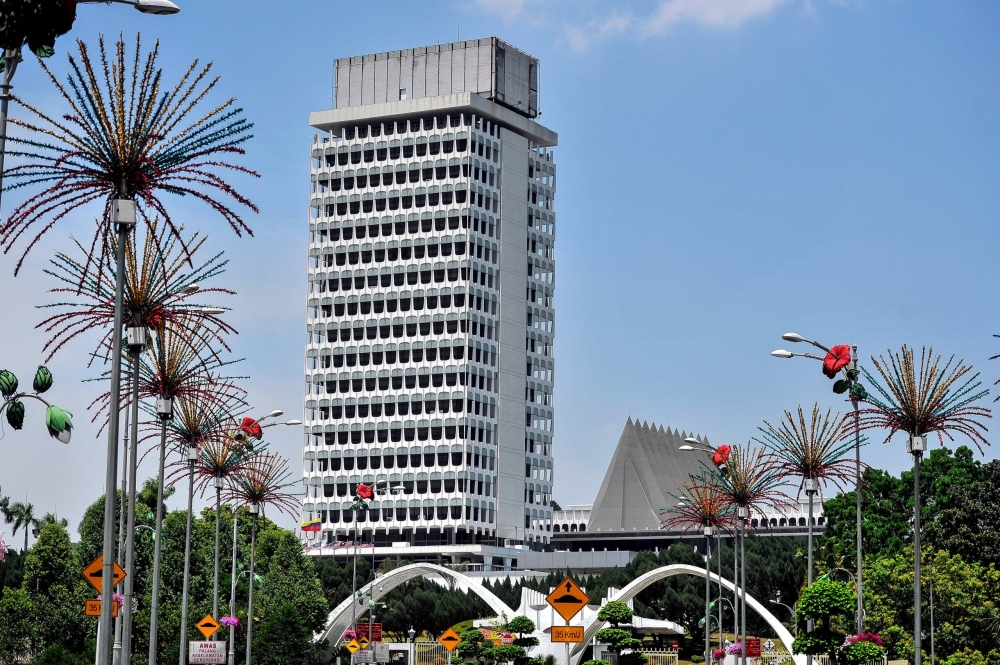OCTOBER 2 — The Joint Action Group for Gender Equality (JAG) calls on the Madani government to ensure that the constitutional amendment allowing Malaysian mothers the right to confer citizenship to their overseas-born children by operation of law is tabled for its second and third readings in the upcoming Parliament session. JAG also urges the government to fulfil its February 2023 commitment by applying the amendment retroactively.
While JAG acknowledges the government’s efforts to address long-standing citizenship issues through the Constitution (Amendment) Bill 2024 — by including “mother” in Sections 1(b) and 1(c) of Part II of the Second Schedule of the Federal Constitution — the lack of retroactivity means that children born to Malaysian mothers who do not have pending applications will not benefit. Moreover, adult children of Malaysian mothers are excluded and will continue to remain non-citizens. This exclusion contradicts the 2001 amendment to Article 8(2), which prohibits gender-based discrimination, and goes against Malaysia’s international obligations.
Malaysian women have contributed significantly to the nation’s development across all sectors. When the amendment was first announced, the Government rightly affirmed that Malaysian women deserve the same right as men to confer citizenship to their overseas-born children. This amendment has been touted as a key achievement in Malaysia’s commitment to gender equality, as reflected in submissions to international and regional bodies, including Malaysia’s CEDAW State Report. However, without retroactivity, the amendment falls short of delivering true equality.

This oversight will have serious consequences for Malaysian women, it will disproportionately affect those living abroad, including divorced or widowed Malaysian women who are eager to return home with their children but face barriers in resubmitting applications or travelling to Putrajaya. The amendment also leaves out children born abroad who are now over 21, some of who are already living in Malaysia, including some whose mothers have passed away, exacerbating the distress faced by these families, who fear family separation. This highlights the critical need for retroactivity in the amendment to Sections 1(b) and 1(c) of Part II of the Second Schedule of the Federal Constitution.
Impacted mothers and their children continue to live in uncertainty, burdened by the fear of the non-citizen status of their children with regard to medical emergencies, and the lack of a secure future for their children. Many mothers are already grappling with health issues, single parenthood, and financial strain, while others endure custody disputes. These challenges can be resolved by applying the amendment retroactively and ensuring that Malaysian mothers can pass on citizenship to all their children, regardless of when or where they were born.
Additionally, the three regressive amendments bundled with the Mothers’ Amendment directly contradict the Madani government’s stated commitment to compassion and equality. One of these amendments proposes changes to Article 26(2) related to Article 15(1) of the Federal Constitution, replacing the “date of the marriage” with the “date of obtaining citizenship.”
This change could leave foreign wives stateless upon the dissolution of their marriage, especially if they were required to surrender their foreign citizenship before acquiring Malaysian citizenship. It would unfairly penalise non-citizen wives, particularly those in long-term marriages with children, and remove vital protections for women facing irreconcilable differences or abuse.
JAG reminds the Madani government of its international obligations as a member of the United Nations Human Rights Council and a signatory to the Convention on the Elimination of All Forms of Discrimination Against Women (CEDAW). The proposed regressive amendments undermine Malaysia’s commitment to gender equality and risk setting the country back on the issue of statelessness. Malaysia must align itself with progressive citizenship laws and remove its reservations to Article 9(2) of CEDAW, which calls for gender equality in conferring nationality to children.
JAG understands that there may be potential revisions to the proposed Bill concerning the Malaysian mothers’ citizenship amendment. If this is the case, we urge the government to engage in robust discussions with Suhakam and civil society organisations (CSOs) who work closely with those directly affected. This will ensure greater clarity on the amendment and is crucial to creating an inclusive and comprehensive solution that upholds the rights of all citizens.
As 50 per cent of Malaysia’s electorate consists of women, it is vital that their rights are safeguarded, and that no further delays occur in passing this critical amendment. Protecting future generations of Malaysian women from gender-based citizenship discrimination is not only a matter of equality but of justice.
It is imperative that the government only proceeds with the amendment for Malaysian mothers, decouple and halt the regressive amendments to safeguard the future for all Malaysians, regardless of their gender and social position.
Endorsed by the Joint Action Group for Gender Equality (JAG), specifically:
1. Association of Women Lawyers (AWL)
2. Women’s Aid Organisation (WAO)
3. Women’s Centre for Change, Penang (WCC)
4. Sisters In Islam (SIS)
5. Perak Women for Women Society (PWW)
6. KRYSS Network
7. EMPOWER
8. Justice for Sisters (JFS)
9. Autism Inclusiveness Direct Action Group (AIDA)
10. Tenaganita
11. Sarawak Women for Women Society (SWWS)
12. All Women’s Action Society (AWAM)
13. Sabah Women’s Action-Resource Group (SAWO)
14. Family Frontiers
* The Joint Action Group for Gender Equality (JAG) is a coalition of 15 women’s rights organisations in Peninsular Malaysia, Sabah, and Sarawak. Since 1985, we have been advocating for gender equality and social justice in Malaysia within a feminist framework. We leverage on our diverse expertise and amplify women’s voices to raise public awareness and advocate for law reform. We uphold international human rights standards in promoting justice, equality, and non-discrimination.
** This is the personal opinion of the writer or publication and does not necessarily represent the views of Malay Mail.





















